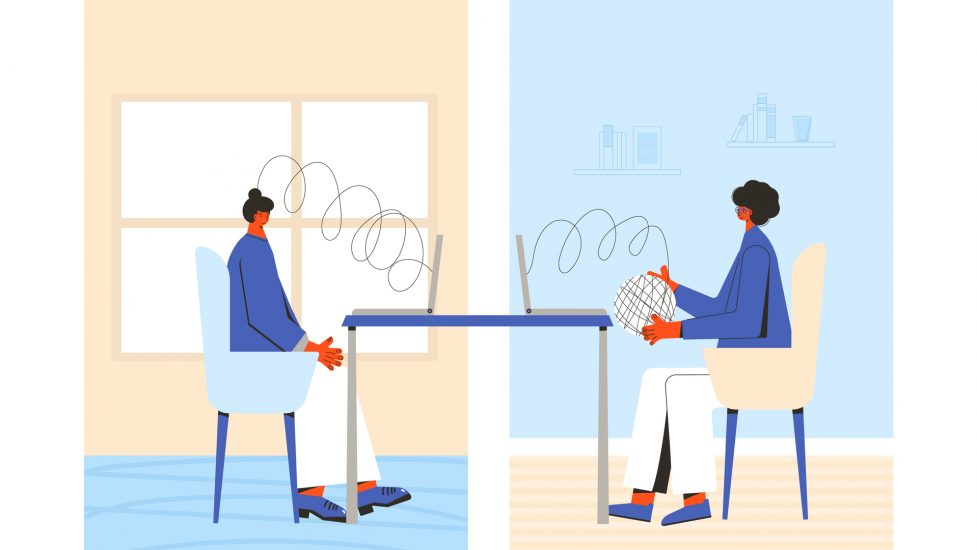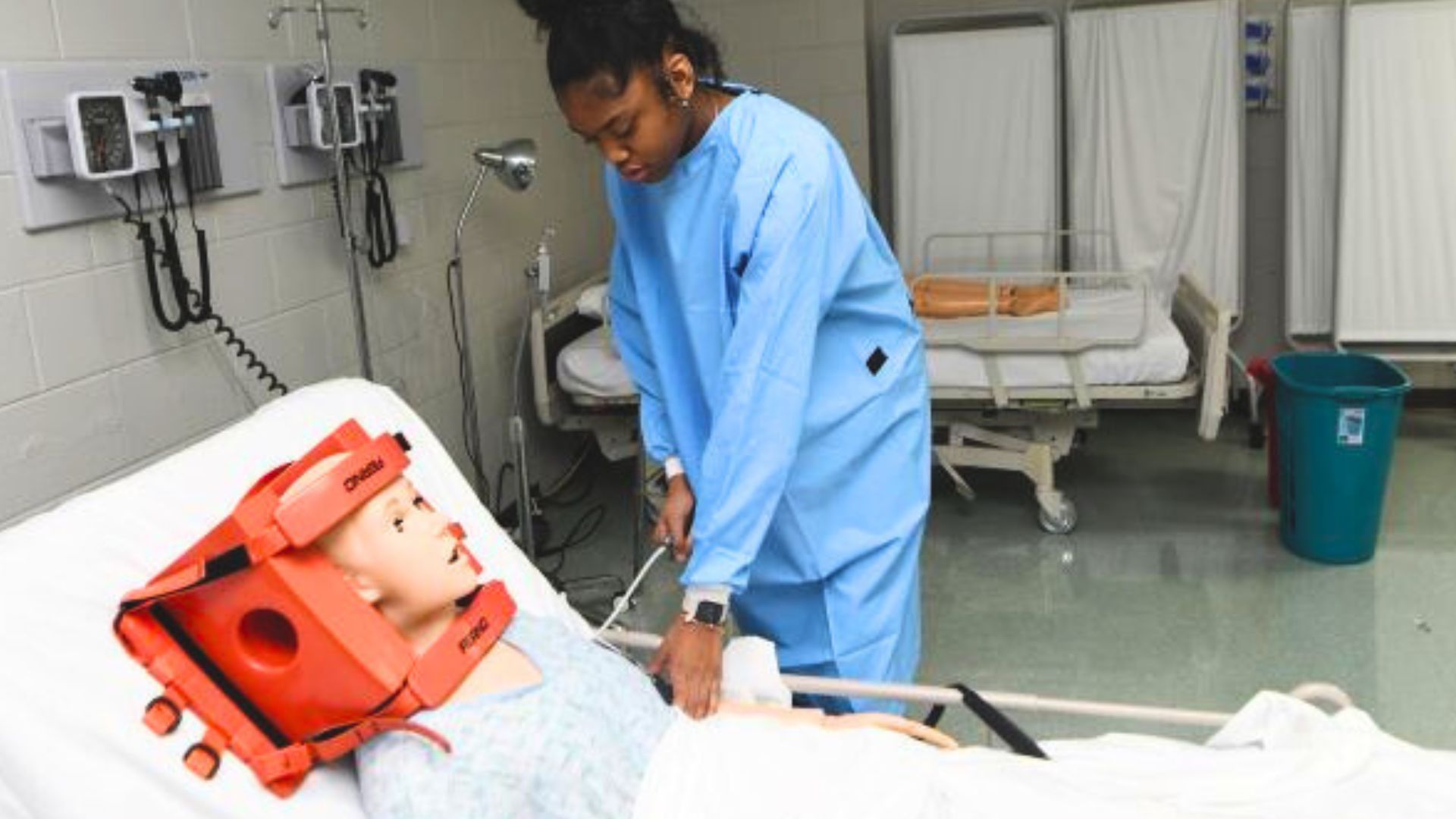As business owners large and small grapple with the important questions of how and when to reopen their brick-and-mortar operations, some businesses have found that moving their operations online opened the door to new opportunities. This is particularly true for therapists and realtors.
David Panzer, Psy.D., a New Jersey psychologist, describes himself as “pretty traditional”. He had never held teletherapy sessions before the COVID-19 pandemic stay-at-home orders and social distancing precautions were put into place.
When he had to shift to online to continue seeing patients in March, a key requirement for him was finding a platform that’s compliant with federal health information privacy laws (HIPAA) in order to protect his patients’ confidentiality. He settled on Doxy.me and Zoom.
“Doxy.me is specifically for health care professionals. When I introduced the concept of having our sessions be some telecommunications mechanism, most people, including myself, were anxious about what that was going to be like. In every case, they ended their first session with the feeling that it went better and easier than they expected it to be.”
Panzer says he was particularly concerned with how being online would impact his group sessions. “When I would be working with a group in my face-to-face days, we would all meet in my office in a circle with no obstacles, no cables, or anything in between. You can add any number of people on Zoom, but they’re not really looking at each other. That felt like it was going to be a particular challenge. And again, much to my surprise, it went smoother than I expected it to.”
He tells WorkingNation that when he gave his patients a choice to continue with the online sessions, they all agreed.
“In the end, I’ve actually been very pleased with the transition. (It’s) an opportunity to work with people in different ways that may be more conducive to their lifestyle. I have patients from far away that had to see me early in the morning or late evening because they had their work commitments. It actually opens new doors and creates new opportunities.”
David Panzer, Psy.D.
Technology Creates Flexibility
Karen Perlman, LCSW, is a New York City-based integrative cognitive behavior therapist. Her clients come to her for help for any combination of depression, anxiety, and addictions. She also provides coaching to business professionals seeking career satisfaction.
Before COVID-19, Perlman would see one client online on occasion. Like Panzer, after taking care to iron out all the HIPAA compliance issues, all of her sessions are online now.
“The transition has been a bit challenging. Two clients have decided not to continue their therapy during COVID since they live in close quarters and are not afforded the space and comfort level of speaking freely, which they get in a private office.” she tells WorkingNation.
Another challenge has been navigating the technology. “There was a learning curve vis-à-vis sharing the screen and working interactively online, and maintaining that thread of continuity from session to session with shared tools/paperwork.”

Perlman says, on the positive side, everyone transitioned pretty seamlessly to online sessions. “If anything, all seem grateful for the having this option, and are more focused on living the new normal during COVID in addition to the issues for which they were being treated prior to COVID.”
She adds that teletherapy allows more convenience around appointments and last minute scheduling when a need arises. It also enables her to see more patients during hours she would normally not be in her physical office.
“This is a win-win for both me and the patient. In addition, having the option to do telemental health gives me more freedom and flexibility to practice remotely if I need to be out of the city.”
In the end, she believes she will start seeing her old patients in her office again once the stay-at-home orders are relaxed. “I think the majority would prefer to be seen in my office. As they used to say, my office provided a private and safe haven – a sense of calm and ease in discussing deeply personal issues.”
Virtual Open Houses

Real estate is another face-to-face business that’s been forced to change due to the COVID-19 pandemic. Shaunt Zakarian is Senior Estates Director with Compass Real Estate in Los Angeles. He tells WorkingNation that the use of virtual tours has increased, replacing the traditional open house.
“People love these new virtual open houses and setups we’re doing. One thing that I have noticed is even with all the virtual tours, people still want to go and see the property. But that has become more of a one-on-one interaction.”
“You can only do it by appointment-only, which believe it or not, I actually like more. Because you know, the client is alone in the property. There’s no other distraction. There is no other person there. It’s just the client and the property.”
Sometimes it’s the other way around, he adds. “Agents will go to the property and host a Facebook Live meeting with the potential buyer. The broker walks the property and answers questions.”
Zakarian says less foot traffic has made it easier for him to keep up with health and safety precautions.
“I also have to take my gloves for all my clients, including the Lysol wipes. I wipe down all the door handles and basically anything that my clients touch or get close to, I wipe it after they leave.”
Real estate always will remain a personal business but according to Zakarian, the online aspect of selling will increase, even when things return to a semblance of normality.
“In my opinion, digital is going be the future. And I think more and more people are getting accustomed to online. Even my parents who weren’t so tech savvy are now becoming tech savvy with the iPads and whatnot. So, for me it’s like those virtual tours are going to be big, and digital ads will also be big—direct email of photos of the property and online booklets as well.”











